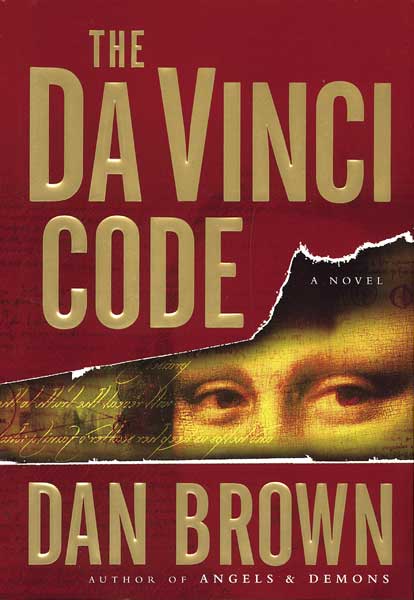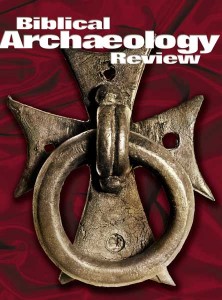
The runaway fictional bestseller The Da Vinci Code has clearly struck a nerve. As I write, the book has sat atop the New York Times bestseller list for some 40 weeks; it’s number one on amazon.com’s sales list; countless online chat groups have formed to discuss the book; and even churches are finding themselves having to present seminars on the book’s views on Jesus, Mary Magdalene, the history of the canon, the early church, the Holy Grail and a plethora of other subjects.
This might be surprising if the work was meant to be considered a work of pure fiction. However, the book begins with a page labeled “FACT,” which claims, among other things, that “all descriptions of ... documents ... in this novel are accurate.” This unfortunately is not true. And although this FACT page will surely give many readers the false impression that this novel is based on sound historical research, the truth is, it is based on all sorts of conjectures—some scholarly, some not. And although the book claims to be based on historical texts, especially the Gnostic Gospels,a it is not based on history. The end result is closer to pure fiction than to historical fiction.
Already a library member? Log in here.
Institution user? Log in with your IP address.

